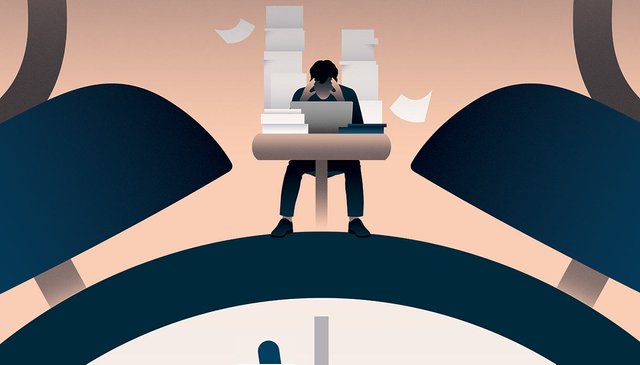Chronic procrastination can have a negative impact on the person's mental health. People who regularly procrastinate may feel stuck and hopeless and lose control over their lives. This type of behavior may even lead to depression and unfulfilled potential. Here are some tips to help you overcome this procrastination cycle. Hopefully, you'll find them helpful.
If you've ever procrastinated on an important task, you know how frustrating it can be. It's a common problem among us and can affect everything from work to school and household chores. It's not a serious problem, however. In fact, you probably have more procrastination than you think. If you're feeling overwhelmed with the thought of a goal, it's likely that procrastination is preventing you from achieving it. But this doesn't have to be the case. There are strategies you can use to overcome procrastination and get on track towards your goal.
Start by identifying the reasons you procrastinate. Procrastination usually stems from the fact that you don't enjoy the activity at hand. While you can't always choose your job based on the kind of enjoyment it brings, you can still make it fun. Try working with people or listening to music while you work. Or, if you're a student, consider taking electives next semester.
Another common reason for procrastination is perfectionism. People often delay completing a task because they believe they need more time to complete it perfectly. However, this often leads to procrastination, and it can feel like a lot of work. So, procrastination is a symptom of underlying health problems. ADHD, OCD, depression, and anxiety can all be signs of serious problems.
Identify the cause of your procrastination. Most procrastinators know they are procrastinating. The solution to this problem lies in addressing these triggers and learning to get on with the task at hand. It is important to address your emotions and mental health before you attempt to complete an unpleasant task. If you're feeling overwhelmed, it's best to work on something small and simple before trying to tackle it.
Visual cues: One of the easiest ways to beat procrastination is by adding evidence to yourself that you're making progress. Visual evidence of progress is an excellent motivator and can even be a trigger for taking the next productive action. The Seinfeld Strategy and Paper Clip Strategy are both effective ways to beat procrastination and maintain consistency over longer periods of time.

